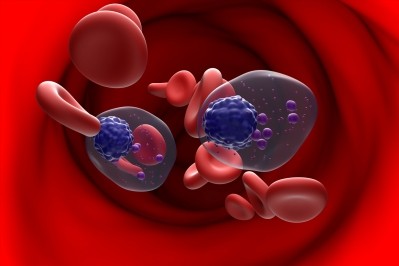Nezglyal remains 'promising' therapy despite EMA’s market authorization refusal

Nezglyal is a novel orally bioavailable and selective peroxisome proliferator-activated receptor (PPAR) gamma agonist that is intended for the treatment of cerebral adrenoleukodystrophy (cALD).
Leriglitazone is a promising treatment that can be of greater accessibility to patients and healthcare providers, with significantly reduced costs compared to an intravenously administered hematopoietic stem cell transplantation (HSCT), argues data and analytics company GlobalData.
Upon announcing the decision, the CHMP stated that there was no evidence that Nezglyal improved the six-minute walk test distance compared with placebo.
The CHMP added that there were concerns around weight gain and edema from the medication and noted that its benefits did not outweigh the risk.
Akash Patel, pharma analyst at GlobalData, said: “Data from Nezglyal’s ADVANCE1 study demonstrates that leriglitazone reduces both the progression of lesions and the progression of cALD in adult male ALD patients. Further data from the NEXUS2 trial demonstrates that in male pediatric patients with early stage cALD, leriglitazone shows a reduction in the progression of lesions that is comparable to HSCT-based approaches.”
Nezglyal’s manufacturers, Minoryx Therapeutics and Neuraxpharm Pharmaceuticals, are seeking a re-examination for conditional approval for patients with cALD, which is characterized by demyelinating brain lesions that can become rapidly progressive, leading to acute neurological decline and death after three to four years.
Patel concludes: “More trial data is required to achieve EMA approval. This is also true for FDA approval, where the current status is unknown, although the FDA approved Phase III trial commencement in Q2 2023. If positive data is provided, leriglitazone has the potential to gain a significant market share in X-linked Adrenoleukodystrophy, for cALD patients, compared to HSCT therapies.”
















